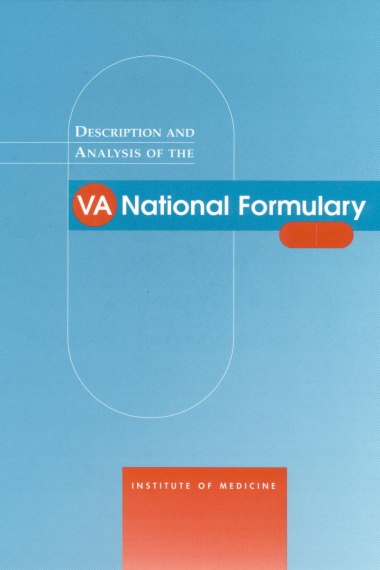

The VA National Formulary generated controversy, which motivated congressional scrutiny and a directive to the VA to commission this report reviewing the experience with the National Formulary and formulary system. This Institute of Medicine committee was pleased to assist the Congress with this review, in part because the committee saw in the VHA example an opportunity to understand and anticipate problems that all publicly funded programs are likely to encounter in this new age of pharmaceuticals. The Congress asked the committee to review the restrictiveness of the National Formulary, its impact on the costs and quality of care in the VHA, and how it compared to formularies and drug management practices in the private sector and in other public programs, especially Medicaid. Detailed in the pages that follow, the committee's findings and conclusions on these questions are, the committee believes, highly instructive, though not always in the ways that we anticipated.